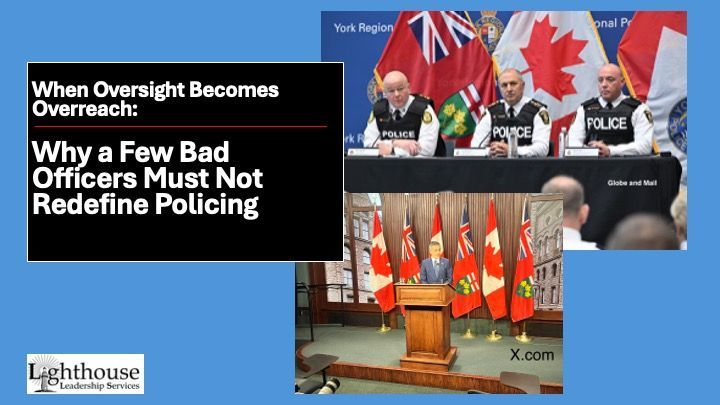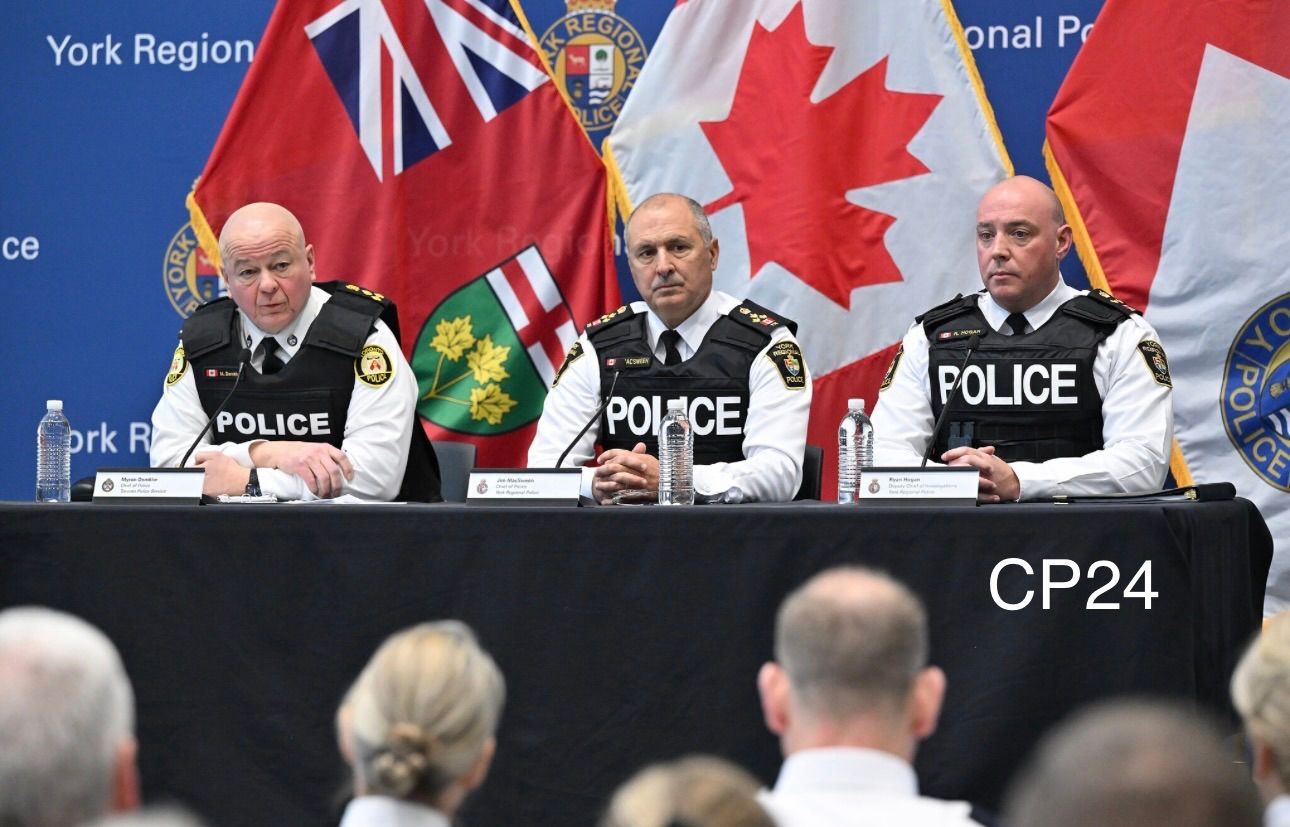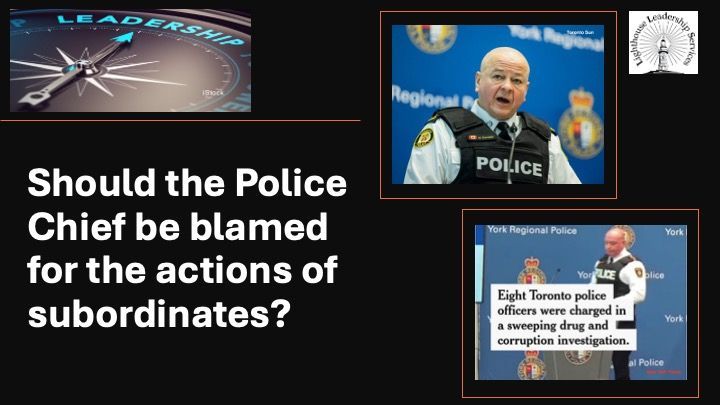New Paragraph
Cover photo: https://medium.com/
There has been considerable attention to U.S. Vice President Kamala Harris’ recent interview with CNN and a number of other public comments she has made in recent years in which her opinion on some key issues seems to have changed from years gone by. Of course, for election purposes, the opposition is trying to make hay with that.
It’s hard for me to be “non-partisan” when discussing U.S. politicians and what they say and do, given that although I’m generally a conservative at heart, I think Donald Trump is the biggest threat to the well-being of the U.S. - which is my second home; to Canada’s long-standing wonderful relationship with its biggest trading partner; and world peace.
No one in recorded history has changed their position to suit their audience more than Trump, often a number of times on single issues. In the interests of fairness, please know that I have written articles in which I have been highly critical of Canadian PM Justin Trudeau and some of his key Ministers in terms of what I have viewed as complete failures of leadership. I don't pick on individuals because of party affiliation. I’m seldom critical of anyone in a partisan way, I just have strong feelings about what good leadership is and isn’t.
When I was a junior Commissioned Officer in the Ontario Provincial Police (OPP), I had strong feelings at times about the direction the OPP was going. Sometimes I liked what I saw and other times I did not. When asked questions at the boardroom table or during promotional interviews over the years, I voiced my honest opinion of “things we need to do”; “things we need to change” and “things we need to stop doing.” I voiced those positions based on my role at the time, and more importantly because I didn’t necessarily know all the facts. I did not fully appreciate the environment that my superiors lived in. I didn’t know the pros and cons of various approaches from their perspective. I held those beliefs based largely on my narrow view of the OPP’s policing environment.
Some of my answers were accepted by the higher-ups of the day and some were not, but I was always forthright.
Each time that I was promoted to higher positions over the years to come, I could clearly see that decisions I would make would impact a larger cross-section of the OPP and not just the area that I had previously served in. I could also see that my strong positions on some issues didn’t make sense in a changing environment.
In reflection and with the benefit of 20/20 hindsight, I truly did “flip-flop” my opinion on a number of matters throughout those years. I now know that I also failed some areas of the OPP because I really didn’t consult them enough, even though throughout my career I told myself that I had to make decisions in way in which I considered the impact on other Bureaus, Regions and Commands.
Even after being Deputy Commissioner for a number of years and always expressing my opinion to my Commissioner, when I assumed the Commissioner role, I much better understood the bigger picture and the impacts of decisions I would make going forward.
So, should it be world news when some elected officials – on both sides of the political aisle, change positions over time on matters that they come to better understand? I do not believe so. But they had better be able to articulate the thought processes that resulted in the change so that voters won’t simply assume that they are indecisive or bowing to election cycle winds.
The key to all of this is that leaders – including politicians, need to constantly scan the environment (or have smart and honest staff that do) and create a culture of open and honest dialogue throughout the organization so that feedback and suggestions flow upward all the time. When important decisions may significantly impact certain areas of the organization, extensive research and evidence gathering needs to occur so that all the facts, thoughts, pros, cons, impacts and alternatives are gathered and considered. That may well involve target audience focus groups.
Effective communication is key. If people don’t understand the “why”, they often won’t understand the rational for a decision; how it might impact them – or perhaps not. Nor will they appreciate the need for them to speak up honestly and respectfully through whatever established or informal channels, so the higher ups know the facts.
A leader that makes a decision in absence of all the facts, is failing some of those they lead. But when they do because they were put on the spot or didn’t consider some consequences appropriately, it does not mean that they need to hold that position indefinitely. True leaders can and will change direction when they realize that the decision may not have been in the best interests of the people they lead, or when the environment simply necessitates change.
In a rapidly changing world that has countless environments within it also shifting at the speed of lightning, to NOT make evidence-based changes of opinion on critical issues on occasion, would be a failure of leadership in itself.




